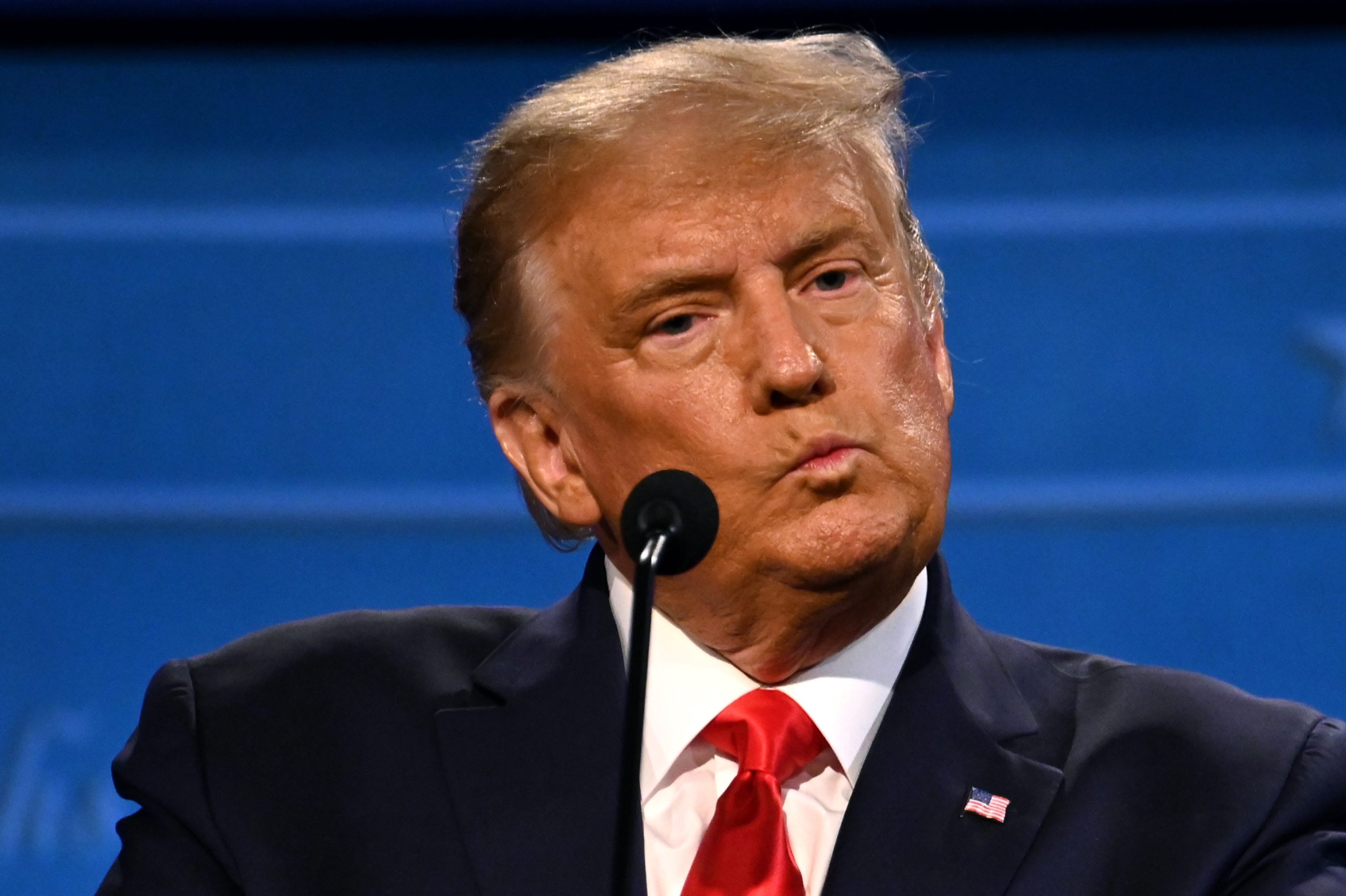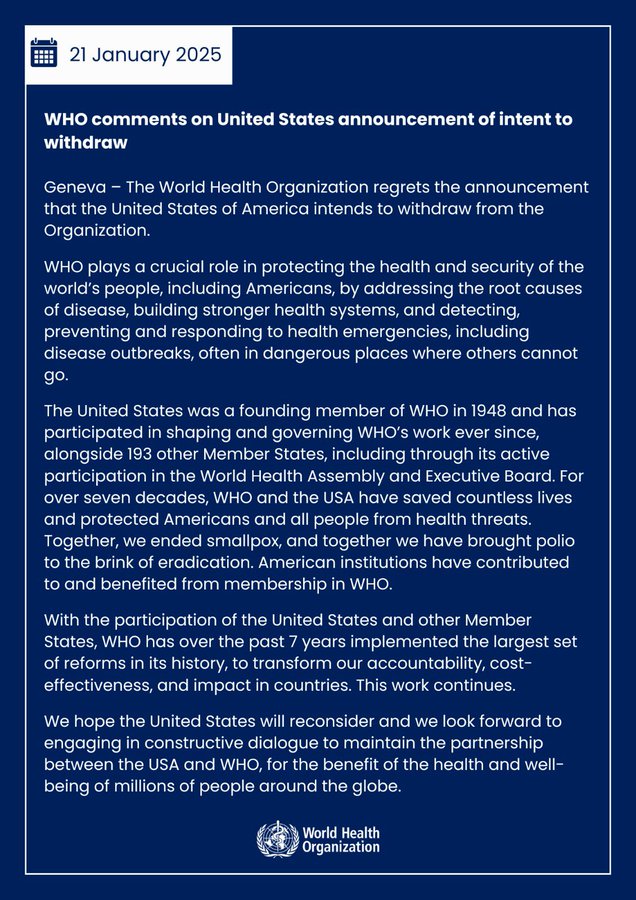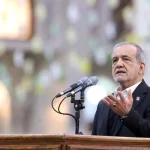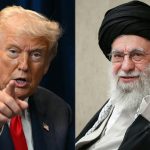On his first day in office, US President Donald Trump signed an executive order to withdraw the United States from the World Health Organization (WHO), a decision that has raised concerns about its impact on global health efforts. The US, as the largest financial contributor to WHO, provides about 18% of the agency’s funding, making its exit a significant blow to the organization.

For decades, WHO has played a vital role in combating global health crises, from battling infectious diseases like Ebola and polio to coordinating the international response to the Covid-19 pandemic. The US withdrawal could disrupt these efforts, particularly in poorer regions and conflict zones where WHO’s assistance is critical. The agency expressed regret over the decision, emphasizing its long-standing partnership with the US to protect global health.
Trump’s decision is rooted in his criticism of WHO’s handling of the Covid-19 pandemic and his claim that the US is unfairly paying more than other nations, particularly China. Despite this, health experts argue that the US withdrawal could have serious consequences for America’s own health security, limiting access to crucial global health data and resources.

Lawrence Gostin, a public health expert, warned that the decision weakens America’s position in global health security, particularly as WHO plays a key role in tracking and responding to health threats worldwide. He added that without US support, negotiations for future pandemic preparedness agreements could be severely hindered.
As the US moves ahead with its withdrawal, the WHO is hoping for a change of heart, stressing the importance of continued collaboration for the benefit of millions around the world. With global health challenges on the rise, Trump’s decision could have long-lasting effects on efforts to address future health crises.






